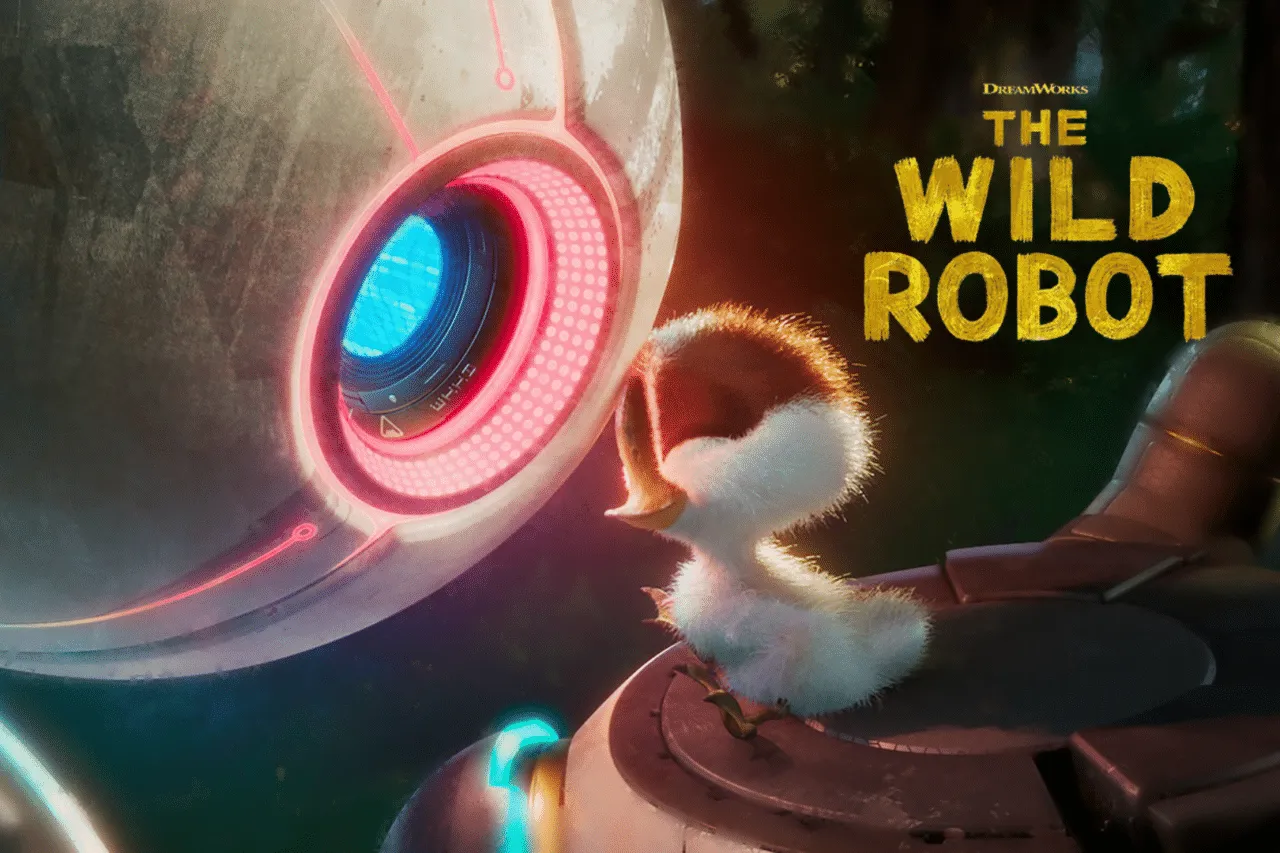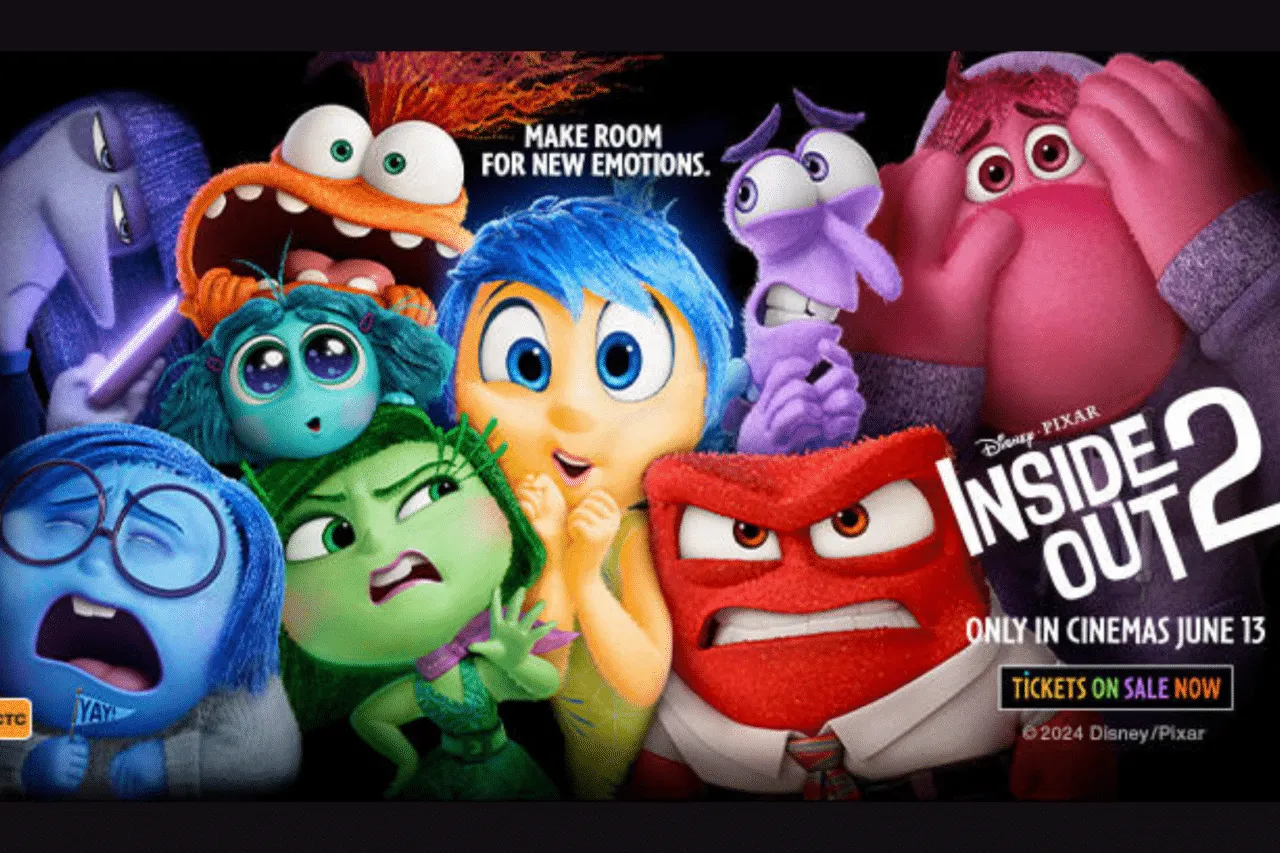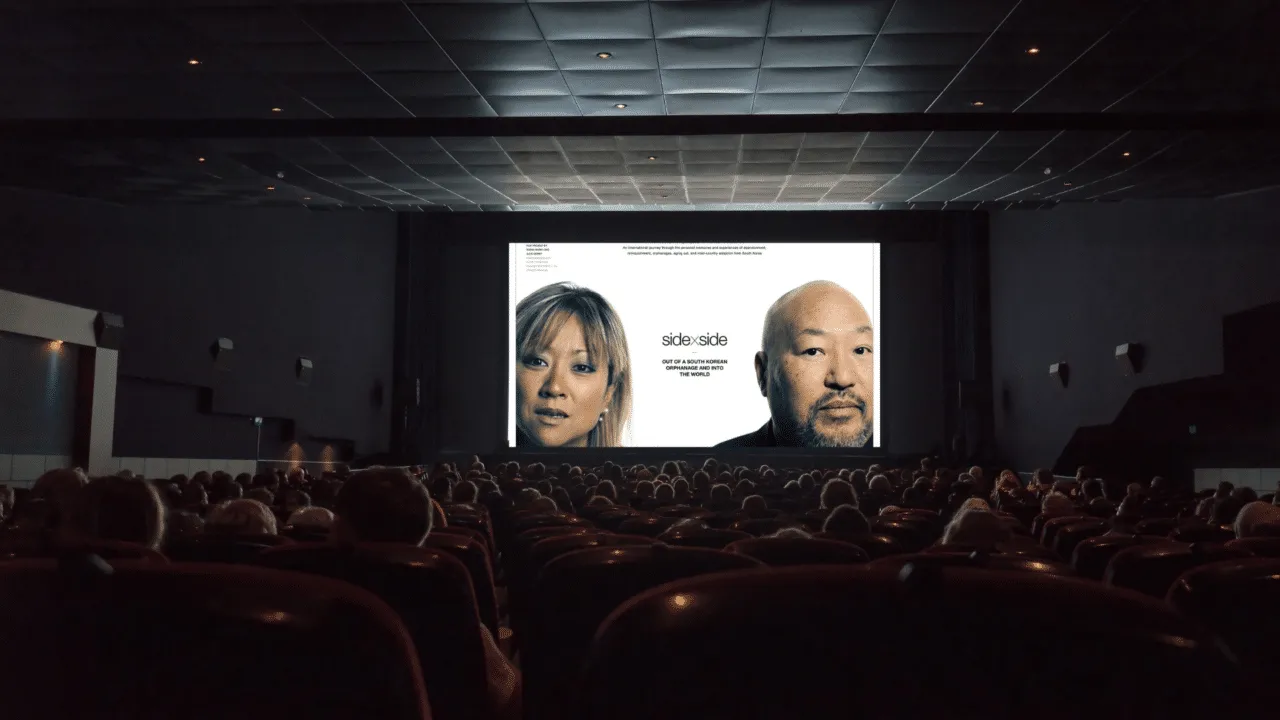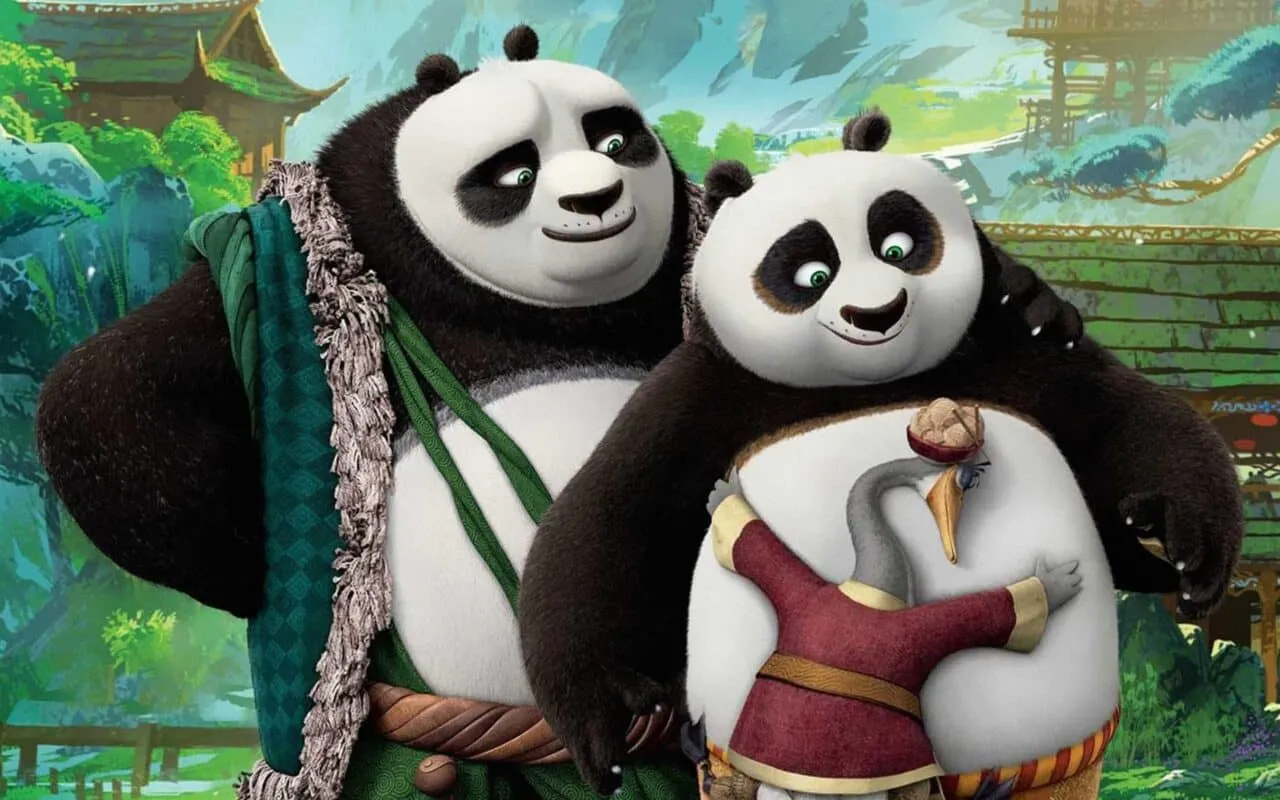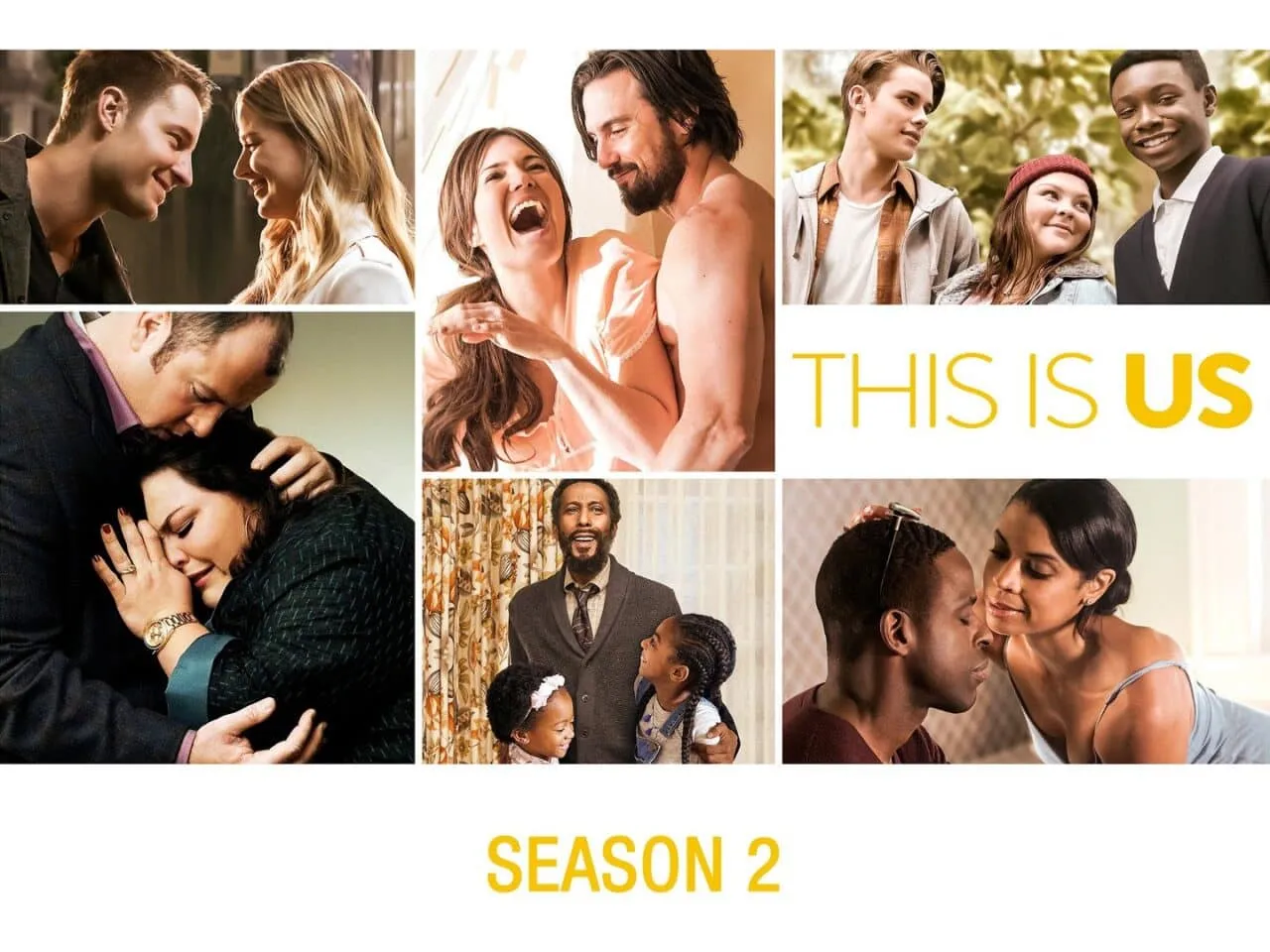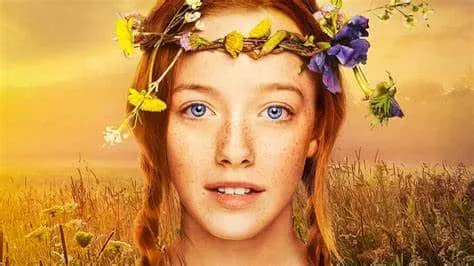Movie Review: Mufasa: The Lion King
Movie Review: Mufasa: The Lion King

If you are looking for a family-friendly movie to take in during the harsh winter season, do not pass up on Mufasa: The Lion King! This live action film details the life of Mufasa and his journey from outsider to king.
The movie begins when Simba (the current Lion King)’s daughter, Kiara, is briefly left in the care of Timon and Pumbaa, the lovable meerkat and warthog duo. Rafiki joins them and shares the legendary tale of Kiara’s grandfather, the great Lion King, Mufasa. While excitement and danger await each turn, the movie also delves into acceptance, loyalty, and family. When Mufasa is young, he is separated from his parents during a flood, thus becoming an orphaned cub. While Mufasa is searching for his family, he finds a new lion pride and attempts to join them.
Their king refers to him as a “stray” and declares he does not belong because he isn’t of their bloodline. Despite the King not wanting Mufasa to join the pride, he is taken in and loved by Queen Eshe and her cub. Mufasa is raised by a loving mother and develops a solid sibling relationship with his brother, Taka. Life continues to be challenging for Mufasa, but his strength, bravery, and loyalty are on display throughout each obstacle he faces.
This idea of Mufasa being different, unaccepted, and not belonging is common throughout the movie. He is often reminded by others that he is not part of the royal bloodline, and he was not born to the mother who raised him. It made me think about children who are in adoptive or foster homes—how they often may have similar feelings, even if they do not share their feelings aloud.
While I am recommending this movie, I think there is ample opportunity to discuss with children after viewing. In my opinion, the strongest point to be made revolves around the word, “family.” What family means, how families are made, and what constitutes a family is the perfect conversation to be had over pizza after the show.


